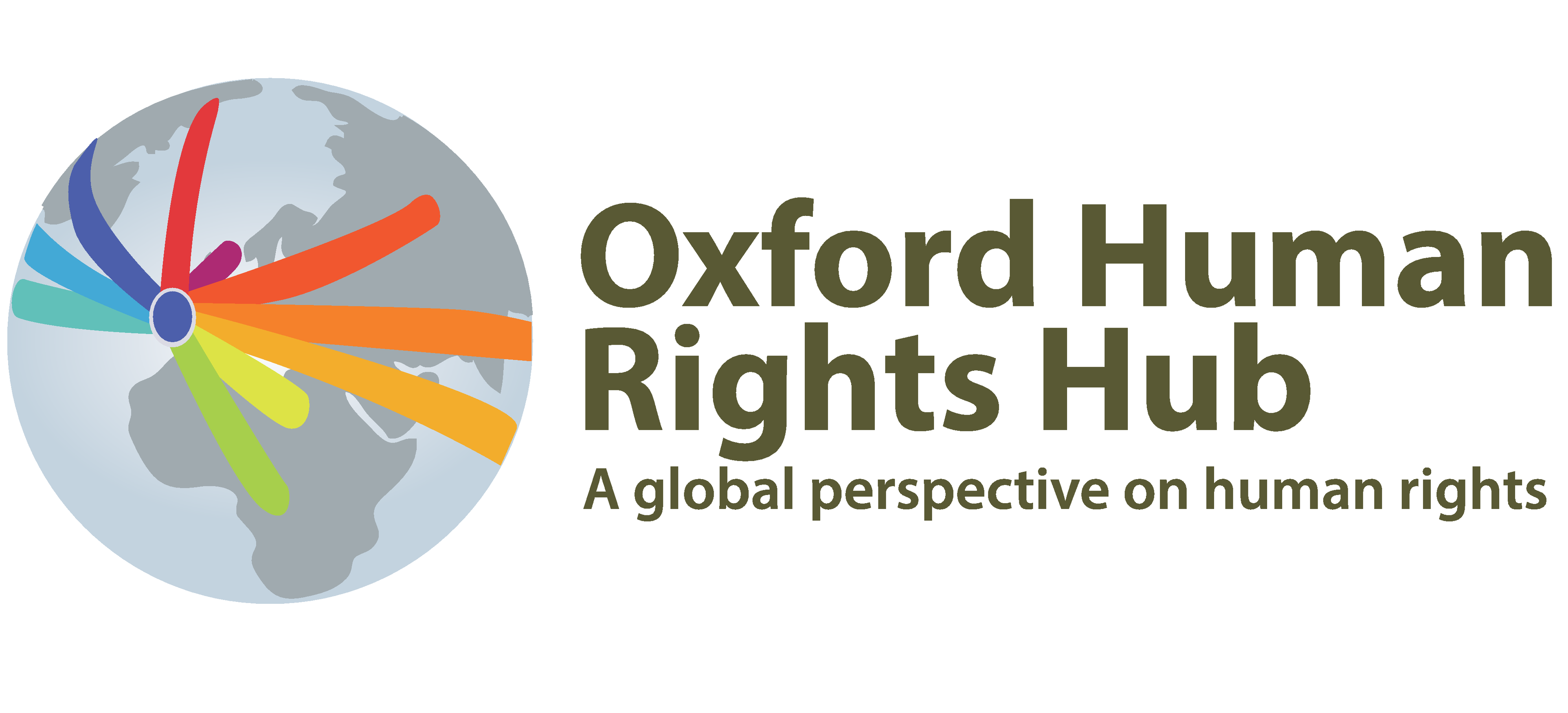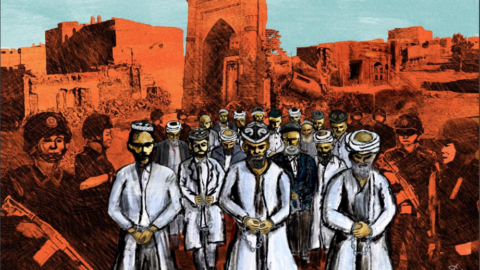Uyghurs and other Turkic peoples in East Turkistan (also known as the Xinjiang Uyghur Autonomous…

The Risk of Academic Oversimplification
By Jennifer Sawicz
Oxford University’s Human Rights Hub recently published a short piece arguing, essentially, that successful human rights discourses tend to originate in the global South and migrate to the global north. The global North, the author claims, tends to use a discourse of human rights as tactics and sovereignty, which works through governmental, legal, and organizational channels to bring about results. The south however tends to use a discourse of human rights as disruption, leading to the reevaluation and re-shaping of social paradigms and ultimately greater success. Much as the previous colonizers located in the global North want to appropriate the successful approach for themselves, they must admit that it was an export from the global South.
This is a revolutionary argument and it inaugurates an excellent and worthwhile discussion. Post-colonial states do face unique challenges, and it is ultimately empowering to herald the previously disadvantaged and discriminated-against as icons to emulate. Unfortunately, Oxford Hub’s analysis is over-generalized to the point of inaccuracy. For years now, Burma Task Force and other nonprofits round the world – the global North and the global South – have been fighting to force the persecution of the Rohingya in Burma onto the stage as an issue that policymakers, media magnates, and the public take to heart. The unfortunate generalization of the global South as the originator of positive, successful human rights discourses undermines efforts by the European Union and non-governmental organizations to pressure Burma, a Southeast Asian nation to change its dismal record on the rights of the Rohingya.
Furthermore, the Rohingya are often dispossessed of the ability to create a discourse of human rights as disruption. Even if the 9 October Border Guard outpost attacks were carried out by Rohingya militants they only succeeded in intensifying the Burmese Government’s repression against their ethnic group. Barred from citizenship, they are prevented from organizing demonstrations, standing for election, voting in elections, attending universities, owning businesses, and travelling – all aspects of life that are absolutely critical for interrupting the prevailing social paradigm. Interview a Rohingya refugee and they will tell you they care nothing for shifting paradigms. They simply want to eat, receive medical care, have a livelihood, and not be killed.
Oxford Hub should be encouraged for being a British institution that dares to reverse the narratives of colonialism. But this academic oversimplification carries a high risk of lulling the hard-won public back into a fairytale world in which Aung San Suu Kyi, paragon of the disadvantaged class – female S. Asian who was under house arrest for decades – is lauded as a positive force for human rights discourse simply because of where she lives.



